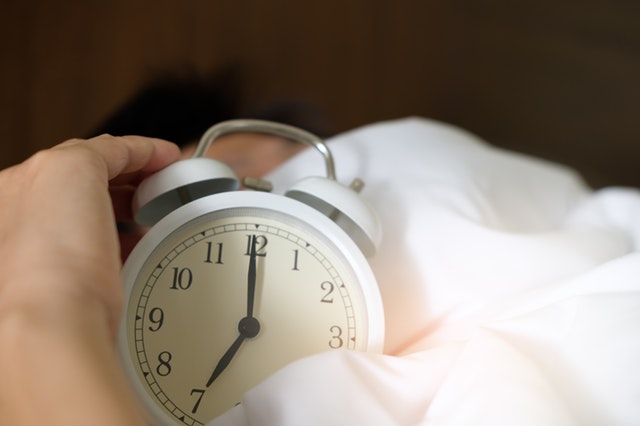
Adjusting to Daylight Savings Time is tough for all of us, but for seniors the change of time can be even more challenging.
The main issues that can be affected by Daylight Saving Time are getting to sleep at your usual time, and waking up in the middle of the night. Getting a good night’s sleep is important for everyone, therefore, if you don’t sleep enough at night, you may face other difficulties during the day. Such as changes in your appetite, nausea or stomach distress, tiredness throughout the day, moodiness, and loss of concentration. These issues can lead to other health risks. For example, being tired or not feeling well during the day can increase someone’s chances of falling. On a more serious note, for some people with existing health issues, sleep disturbances can increase symptoms of dementia and even increase the risk of a heart attack.
There are many ways you can help someone who may be having a particularly difficult time adjusting to Daylight Savings Time. For starters, help them relax before bedtime. Perhaps having a nice chat would be enough to help put their mind at ease. Other ideas are a cup of herbal tea, or helping them avoid loud sounds or bright lights in their bedroom by adding an extra window shade. You should also encourage them to avoid caffeine at night and to keep the television turned off. Studies have shown that watching television at night can make it more difficult to fall asleep. It is also important for people to stay on their same routine. This is particularly critical when it comes to their medication schedule.
Another great way to encourage deep sleep at night is to be as active as possible during the day! Light exercise such as taking a walk on a beautiful Spring day can do wonders for the ability to sleep at night. Even sitting outside and getting some fresh air can help.
With these tips in mind, hopefully you can make the adjustment to Daylight Savings Time easily!


